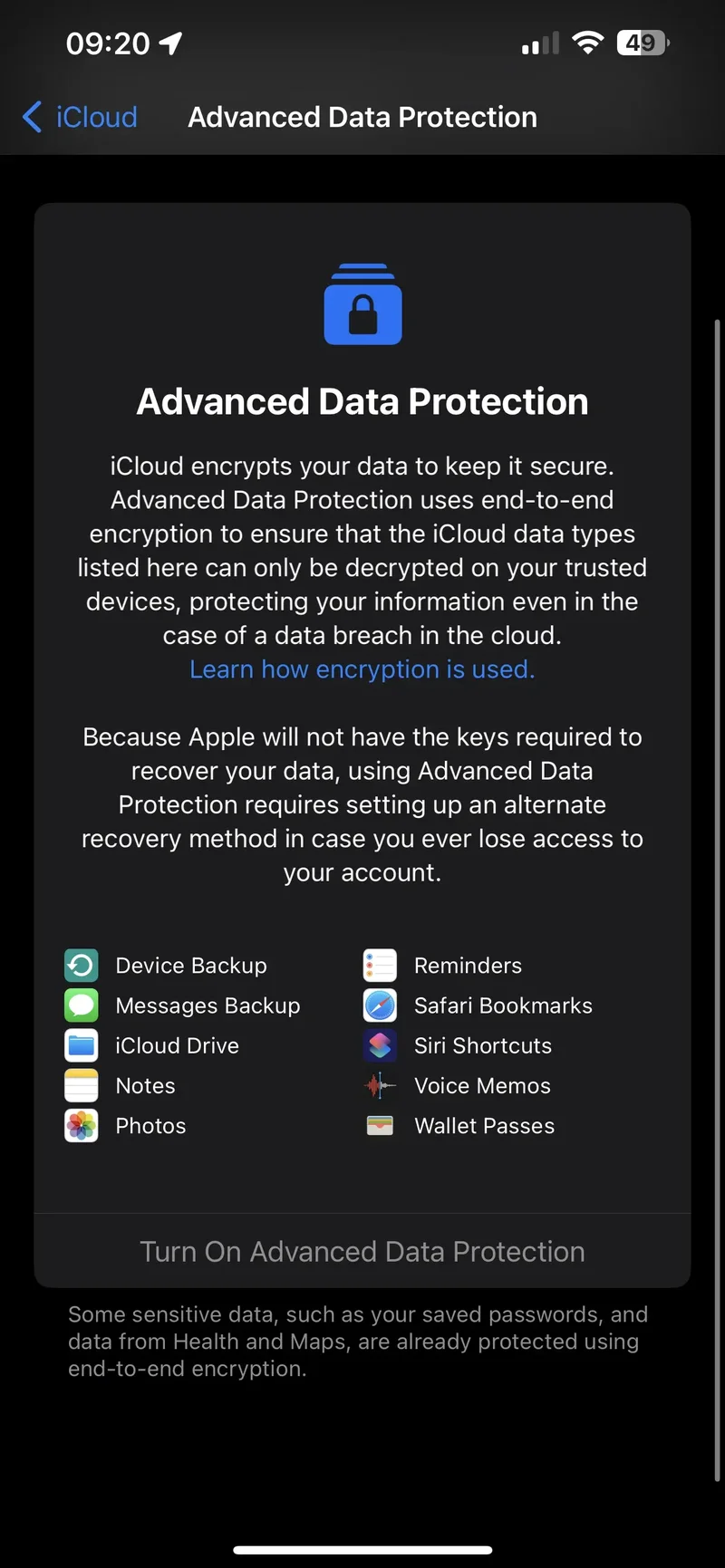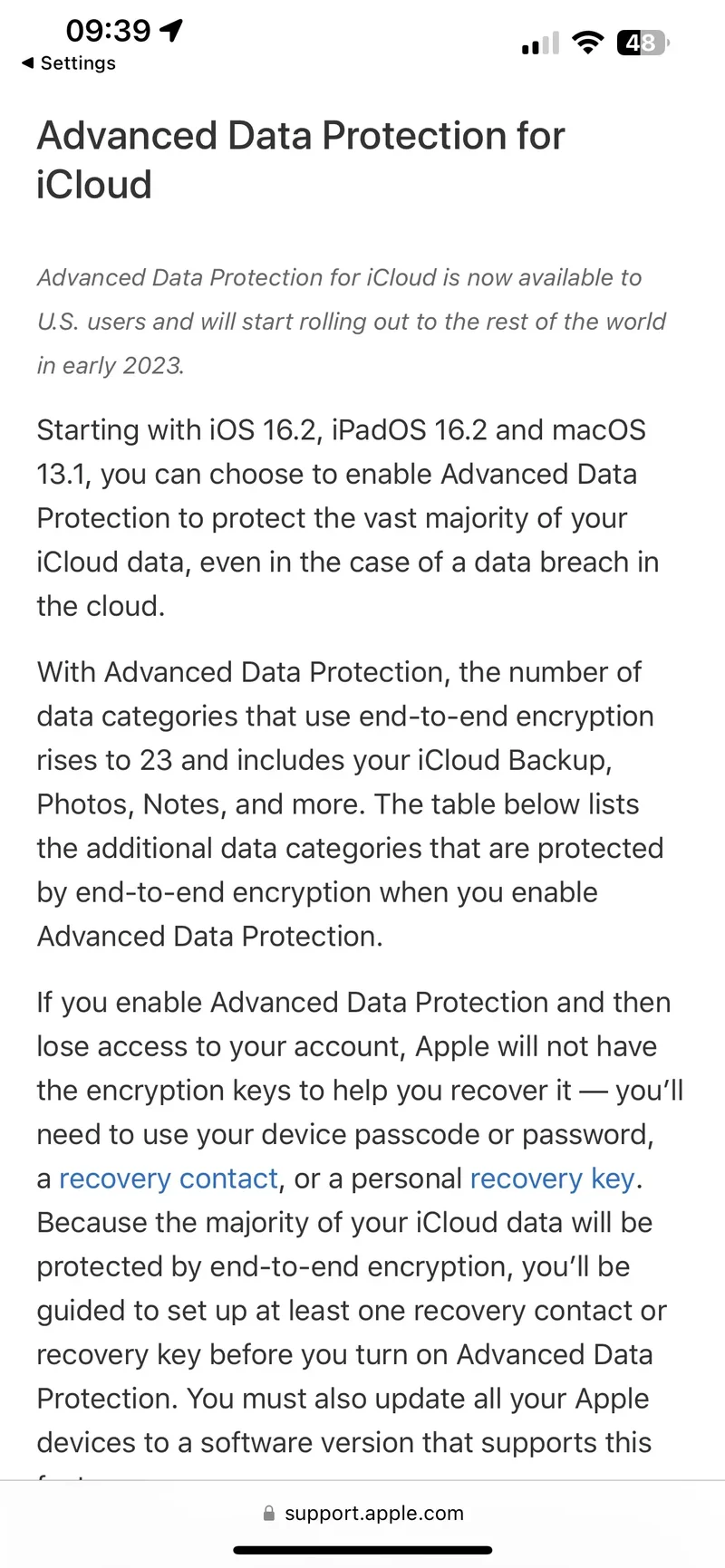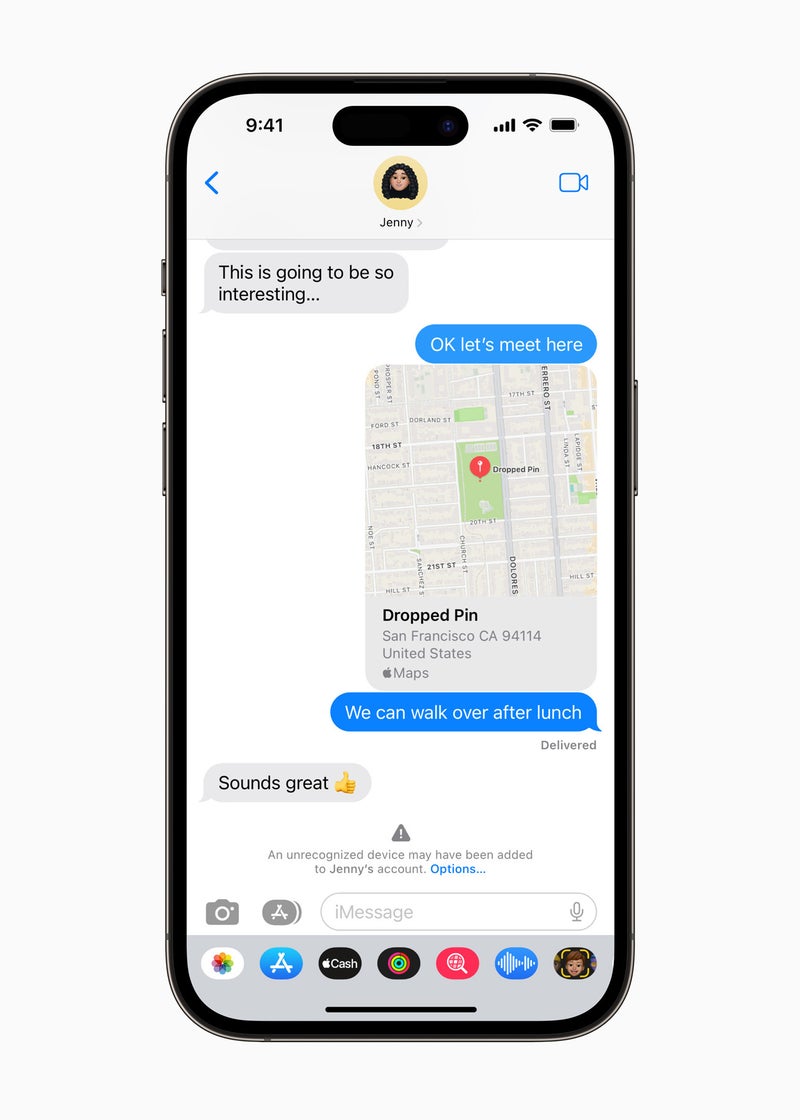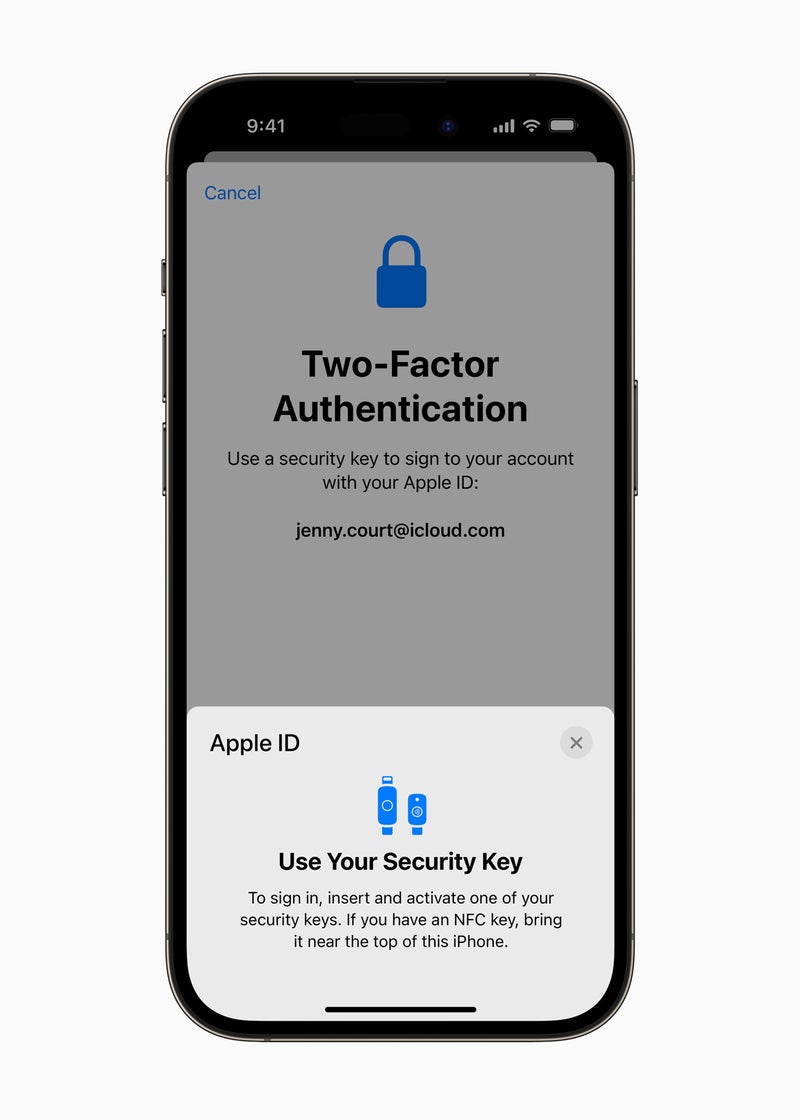iOS 16.2 brings Advanced Data Protection for iCloud to users in the US

Apple is quite famous for its great level of security and respect for privacy. With the new iOS 16.2, which is now getting officially released, iPhone users in the US are getting an important privacy feature – Advanced Data Protection for iCloud. On top of that, Apple has announced a couple of other features that will come in early 2023.
iCloud Mail, Contacts, and Calendar are the only major iCloud data categories that are not covered by this feature. This is because they need to be able to work with the global email, contacts, and calendar systems.
Ivan Krstić, Apple's head of Security Engineering and Architecture, said.
Keep in mind that if you choose to enable Advanced Data Protection and you lose access to your account, Apple will not be able to provide you with encryption keys (therefore, you can lose access to your encrypted files).
iMessage Contact Key Verification is a new data protection feature that basically takes end-to-end encryption to a new level. iMessage and FaceTime are already encrypted to keep conversations private and secure. However, some people need even more protection - those are journalists, human rights activists, and government members, who are likely to get digitally attacked by malicious users. For them, iMessage Contact Key Verification has been created.
On top of that, iMessage Contact Key Verification users can also compare a Contact Verification Code in person, via FaceTime, or another secure call.
Security Keys for Apple ID is the next privacy and security-focused feature that Apple has announced. It allows you to choose to require a physical security key to sign in to your Apple ID account. Basically, taking two-factor authentication to the next level.
iOS 16.2 brings brings Advanced Data Protection for iCloud to users in the US
Apple announced the new data protection tools last week, and US users are now getting to enjoy the first one of them with iOS 16.2, which is now available for download on supported iPhones.
Using Advanced Data Protection for iCloud, you will be protecting by end-to-end encryption many of your iCloud data files. The feature allows you to choose only trusted devices to be able to decrypt your end-to-end encrypted iCloud data. What this means is that even if there's a breach in the cloud, the attacker will not be able to get access to your files stored there.
Apple's already protecting 14 sensitive data categories in iCloud using end-to-end encryption by default. Those include passwords in iCloud Keychain and your Health data. If you choose to enable Advanced Data Protection, you now get 23 categories protected by end-to-end encryption, including iCloud Backup, Notes, and even Photos.
iCloud Mail, Contacts, and Calendar are the only major iCloud data categories that are not covered by this feature. This is because they need to be able to work with the global email, contacts, and calendar systems.
Apple makes the most secure mobile devices on the market. And now, we are building on that powerful foundation.
Advanced Data Protection is Apple’s highest level of cloud data security, giving users the choice to protect the vast majority of their most sensitive iCloud data with end-to-end encryption so that it can only be decrypted on their trusted devices.
- Read more on iOS 16.2 and all its new features here.
Apple also announced two more privacy features to come in early 2023
Apart from Advanced Data Protection, Apple has two more privacy and security-focused features for iPhone users. Those two are primarily for journalists or human rights activists who can be vulnerable to hackers targeting them and using sophisticated methods to gain access to their data. Let's see what those features are!
iMessage Contact Key Verification
iMessage Contact Key Verification is a new data protection feature that basically takes end-to-end encryption to a new level. iMessage and FaceTime are already encrypted to keep conversations private and secure. However, some people need even more protection - those are journalists, human rights activists, and government members, who are likely to get digitally attacked by malicious users. For them, iMessage Contact Key Verification has been created.
Basically, this feature is an additional layer of security for people who may need to face sophisticated cyberattacks. If you enable iMessage Contact Key Verification, you can be sure you are communicating with the exact person you need to be communicating with. On top of that, you get automatic alerts if a state-sponsored attacker has breached cloud servers and is trying to eavesdrop on the encrypted communication between you and your contact.
On top of that, iMessage Contact Key Verification users can also compare a Contact Verification Code in person, via FaceTime, or another secure call.
Security Keys for Apple ID
Security Keys for Apple ID is the next privacy and security-focused feature that Apple has announced. It allows you to choose to require a physical security key to sign in to your Apple ID account. Basically, taking two-factor authentication to the next level.
In 2015, Apple introduced two-factor auth for Apple ID, and according to the company, over 95% of iCloud accounts are using it. And now, you get a choice to use third-party hardware security keys to make this protection even stronger.
As with the previous feature, this one is not necessary for the regular user. It is aimed at helping people who face threats to their online accounts: for example celebrities, journalists, or government members.
If you enable it, Apple will require a hardware security key for the two-factor authentication (it will be one of the two factors).
As with the previous feature, this one is not necessary for the regular user. It is aimed at helping people who face threats to their online accounts: for example celebrities, journalists, or government members.
If you enable it, Apple will require a hardware security key for the two-factor authentication (it will be one of the two factors).
Follow us on Google News

















Things that are NOT allowed:
To help keep our community safe and free from spam, we apply temporary limits to newly created accounts: